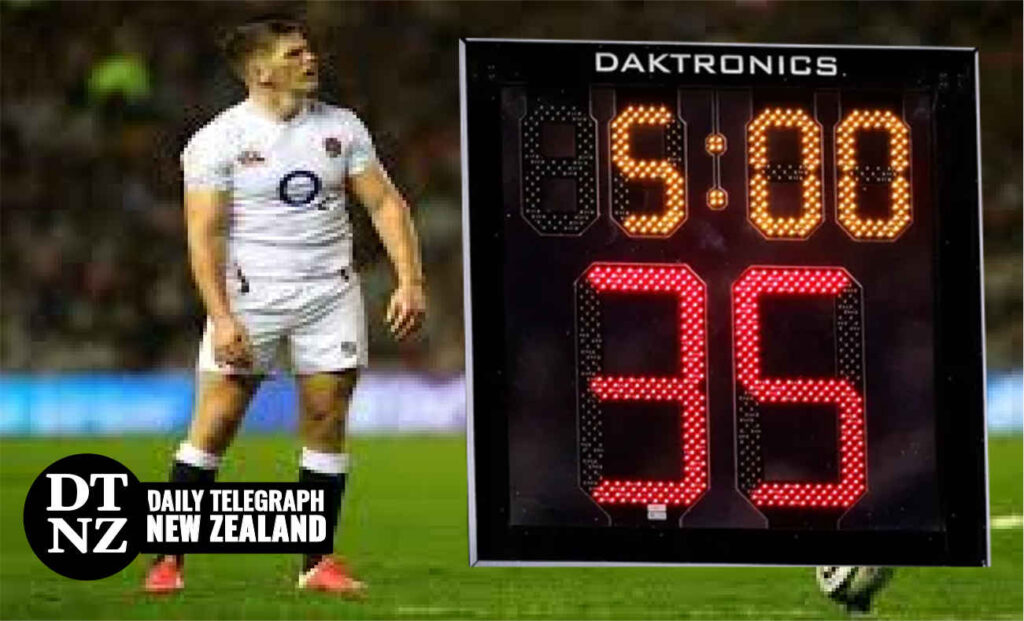World Rugby has announced a series of law applications which will be implemented game-wide from 1 January 2023.
The guidelines, which are designed to assist match officials, players and coaches and to enhance fan experience are part of a drive by the international federation to speed up the game and reflect key outcomes of the Shape of the Game Conference in November.
With Rugby World Cup 2023 fast-approaching, the new directives are designed to support a quicker, more entertaining game while balancing safety and spectacle. From 1 January 2023, the following will apply:
Speeding up the game
There are already laws with the intention of speeding up the game, which World Rugby reminds players and officials to apply strictly. These are:
- Conversions must be taken within 90 seconds from the time the try was awarded, even if the ball rolls over and has to be placed again.
- Penalty kicks must be taken within 60 seconds from the time the team indicated their intention to do so, even if the ball rolls over and has to be placed again.
- Teams must be ready to form the scrum within 30 seconds of the mark being made.
Elite matches and competitions will be encouraged to use a “shot clock” as trialled in the LNR/ FFR (French) competitions when practically possible.
World Rugby Director of Rugby Phil Davies said: “World Rugby, member unions and competitions will work with broadcasters and match hosts to implement on-screen (stadia and broadcast) shot clocks for penalties and conversions to ensure referees, players and fans can view the countdown, mirroring what happens in the LNR and Sevens.”
Less reliance on Television Match Official (TMO) reviews
Davies said, “There was excellent debate at the Shape of the Game conference on this topic, including leading match officials, coaches and player representatives. It was agreed that reviews can often take too long, suggesting the offence being reviewed is not clear and obvious. While we can always enhance the technology interaction to speed up the process, the match official teams – led by the referee – should attempt to make speedier decisions and limit replays where not necessary.”
Fewer water carrier interventions
The Global Law Trial on limiting the number of water carriers to two, and reducing the times they enter the field, has successfully reduced unnecessary stoppages. However, creating set windows for water breaks has created the impression of disrupting the game, even if that water was taken during a natural stoppage (try/injury/TMO review).
Davies said, “Following discussions with stakeholders, an amendment to the current global law trial covering water carriers will allow water onto the field when a try is scored. Participating competitions and unions are reminded of the 60/90 second limits on kick times. Only in a game with no tries, should a natural stoppage be used.”
